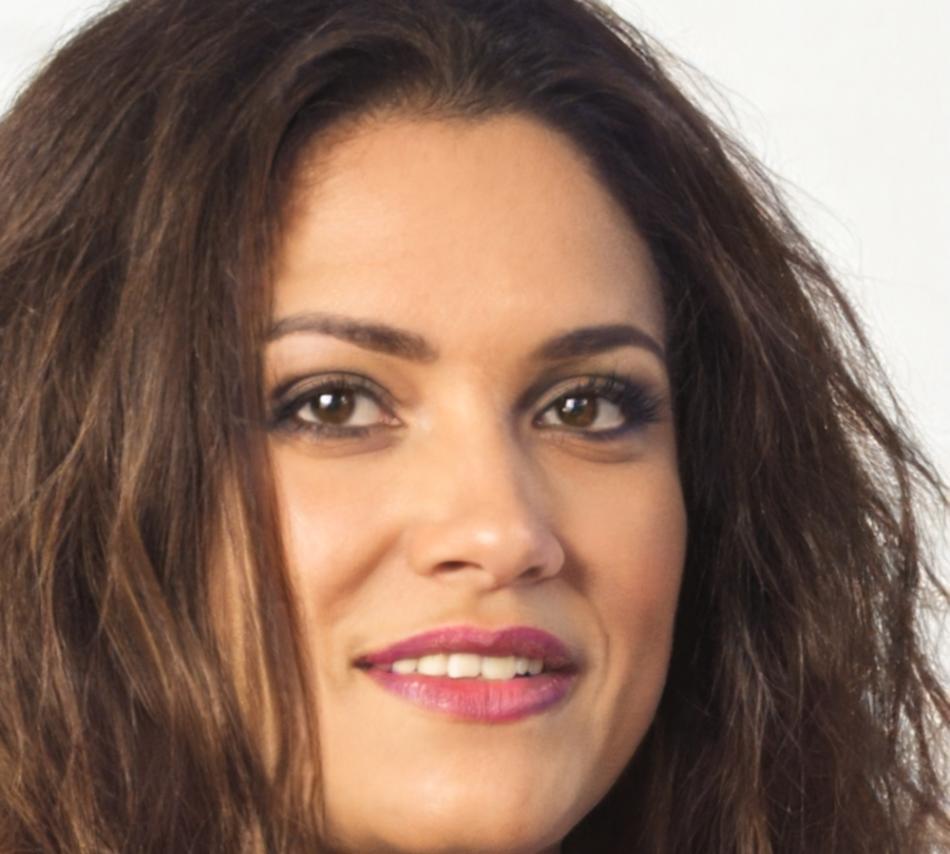Rethinking What Money Actually Means
We started elvarionexi because too many Australians were getting brilliant financial advice but couldn't seem to follow it. Turns out the missing piece wasn't information—it was how we think about money in the first place.
Where This All Began
Back in 2021, I was working with small business owners across Canberra. They'd come to me with spreadsheets, investment portfolios, savings plans—all the right moves on paper. But then they'd sabotage themselves. Brilliant people making decisions that completely contradicted what they knew was smart.
The pattern became impossible to ignore. Someone would finally build up an emergency fund, then drain it on something unnecessary. Another person would avoid looking at their accounts for months despite knowing exactly what needed attention. It wasn't about knowledge. Something deeper was happening.
That's when I realized we've been approaching financial education backwards. We teach budgets and compound interest like that's the hard part. But the real challenge? It's the stories we tell ourselves about deserving success, fearing abundance, or feeling guilty about wanting more.

What Drives Everything We Do
Honest Conversations
Money brings up shame, fear, and weirdness for most people. We never pretend otherwise. Our programs create space to talk about the uncomfortable stuff without judgment—because that's where actual change happens.
Psychology First
You already know you should save more and spend less. Everyone does. We focus on why that knowledge doesn't translate to action, and what actually needs to shift in your thinking patterns before behaviour follows.
Real World Application
Theory is useless if you can't apply it on Tuesday morning when you're stressed. Everything we teach gets tested against actual daily decisions—not hypothetical scenarios that sound good in workshops but fall apart in real life.



How We Actually Work
Our programs don't start with spreadsheets. They start with questions like: What did your parents teach you about money? When do you feel guilty spending? What stories are you telling yourself about people who have more than you?
Because here's what I've learned after years of this work—your money behaviours make perfect sense when you understand your money story. The person who can't save? Usually they grew up watching scarcity create anxiety, so spending feels like relief. The one who hoards every dollar? They probably equate security with a number in their account.
The Work That Actually Matters
We help you identify these patterns, question whether they're still serving you, and deliberately build new ones. It's not quick. Our main program runs for eight months starting September 2025 because meaningful mindset work takes time. But it's the difference between knowing what to do and actually doing it.
Who's Behind elvarionexi

Saoirse Bridger
Founder & Financial Mindset Educator
I spent my early career in traditional financial planning, watching clients nod along to advice they'd never follow. After training in behavioural psychology and spending three years researching why smart people make counterproductive money decisions, I built elvarionexi around what actually creates change. I work with about forty clients a year—deliberately small numbers because this work requires proper attention. When I'm not running programs, you'll find me testing new approaches with a small group in Canberra or reading research papers about decision-making over too much coffee.
Ready to Examine Your Money Story?
Our next cohort begins in September 2025. Spots are limited because we keep groups small enough for meaningful work. If you're tired of knowing what you should do but not doing it, let's talk.
